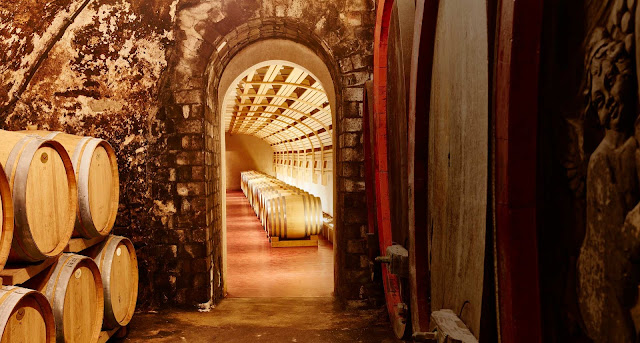The last few decades German wines have changed dramatically. In the mid 1980’s I attended an intensive one week course at the illustrious German Wine Academy on the Rhine River in Geiseheim. During that course I was exposed to some of the best wines made in Germany. Most of the wines were sweet whites. There were a few dry whites, and reds were an after-thought. Not true today in the least.
Significant changes in German wines have shifted the industry on its axis. First, the most striking change has been from sweet to dry wines. German wines today are more in line with the modern day trend of dry, food-friendly wines. Second has been a switch to higher quality. Many German wines produced in the last quarter of the 20th century were insipid, overly processed and overly sweet. Riesling, one of the world’s greatest varietals, got a very bad name from poorly produced German wine. The new high quality German wines have no relationship to the past.
There are many reasons contributing to Germany’s new wine approach. A warming climate has allowed Germany to make fuller-bodied, more complex wines. Next, the newer generations of winemakers who are well aware of the global trend for dry wine, are equally quality focused. Lower quality varietals like white Muller-Thurgau are being replaced with the Mercedes of red grapes, Pinot Noir. This Pinot may the country's sleeping giant as the varietal, known locally as Spatburgunder, is garnering international recognition.
Pinot Noir was brought to Germany from nearby Burgundy, France
Germany is on the move and is increasingly becoming a player on the world-wide market of quality dry wines, both white and red. Last year, for example, Germany changed its wine laws and introduces a hierarchy for dry wines that closely parallel the EU system that is based on terroir.
Wine-Knows will be conducting its first trip to
Germany for the country’s world famous Christmas Markets December 6-16. We’ll be visiting several German wineries to
learn about their new trend for producing high quality dry wines. Come learn with other Wine-Knows about these new wines that are winning world-wide awards.
www.WineKnowsTravel.com





No comments:
Post a Comment